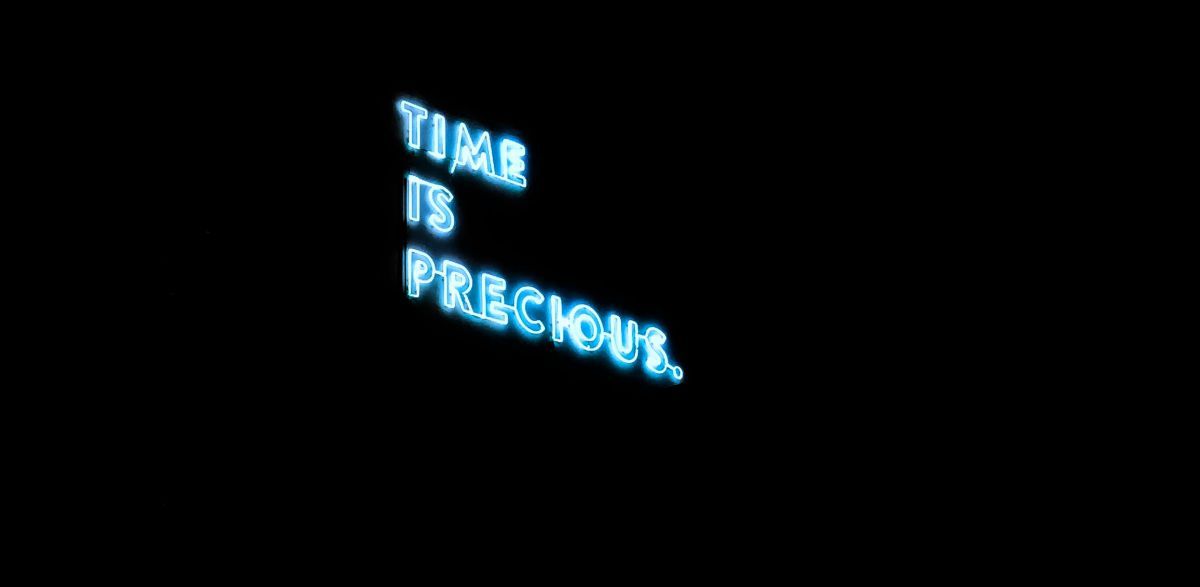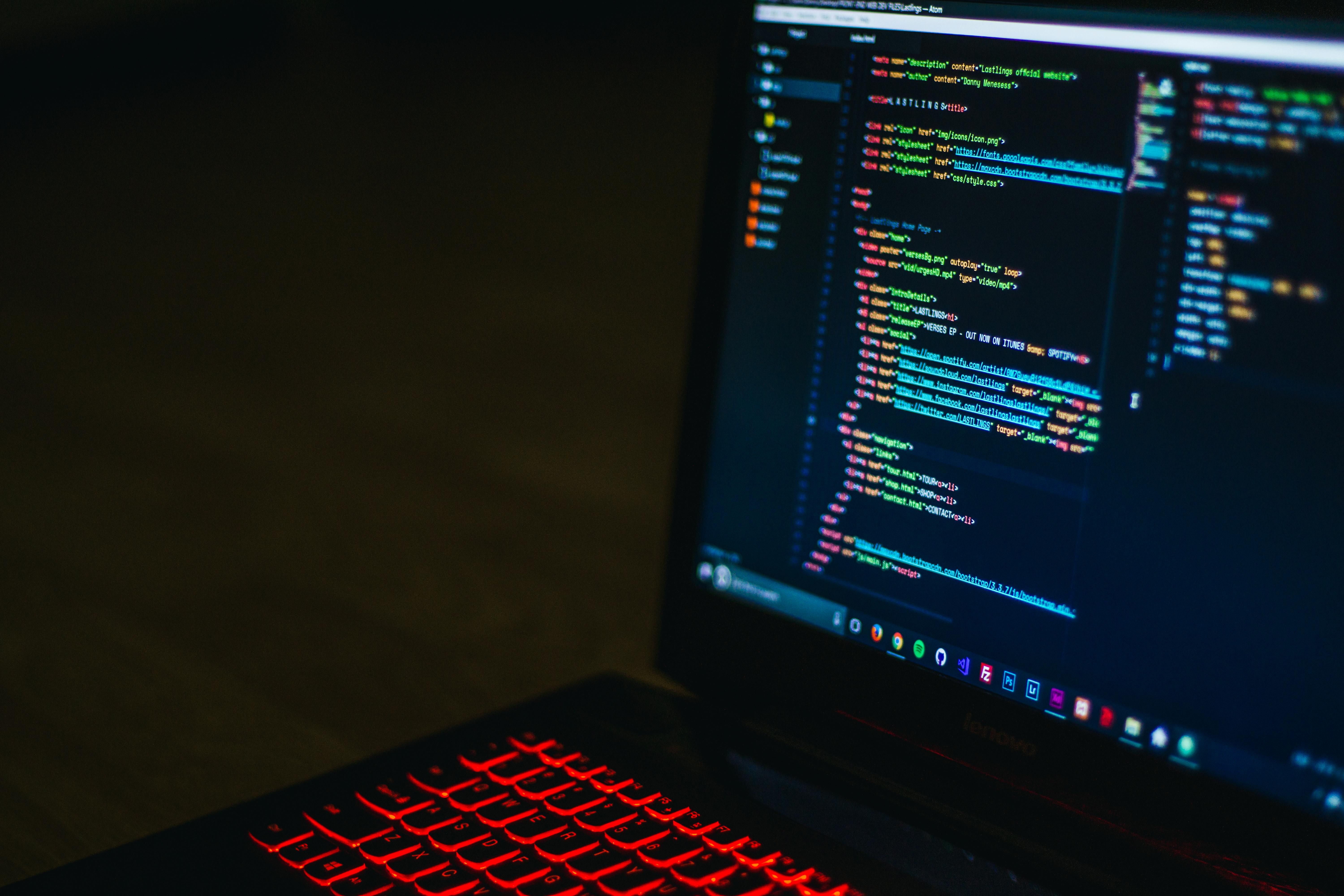Neither members ofGeneration Y nor Generation X – in 2018, the labor market will be supplied with workers born no earlier than 1995. How can we describe 22-year-old workers? What are their expectations and how to attract them to our companies – according to Robert Strzelecki, vice-president of TenderHut, an IT company from Bialystok.
Born technomaniacs
Although the earlier generations have been comprehensively described, Generation Z has not yet been defined properly. What do we know? The key to understanding this social group is the age of its members, which is up to 22 years old. The time in which they were born defines their character and aspirations. The last 20 years have been a period of intensive technical development. These young people did not get acquainted with technology through learning, like us, their parents. They were born into this digitalized world, and technical development proceeded as they were growing up. Just like older generations had TVs and could use them without issue, 20-year-olds usetablets and smartphones in the same way. Young people acquire knowledge about these devices with ease. Nowadays, the fact that an 8-year-old does not know the multiplication table, but has comprehensive knowledge on how to use the computer at the same time, doesn’t surprise anybody. What is more surprising is that technical knowledge is acquired in a natural way – Robert Strzelecki says humorously. This dedication to technology determines their life choices, like their choice of a job, for instance. This becomes a challenge for company owners – adds the vice-president of TenderHut.
Modern wanderers
Another interesting quality of Generation Z members is their lack of attachment to a particular spot or place. – People born after 1995 often traveled abroad, therefore they perceive the world as an open space, full of opportunities, and not a mysterious place that is difficult to reach. The lack of attachment that I mentioned earlier concerns both the micro and macro scale. It is not limited to foreign travels, but also to changing apartments, jobs or even work desks.– indicates Strzelecki. This modern nomadism was identified by Natalia Hatalska, who elaborated a special reportconcerning this matter. The modern nomads are currently young people, who have the world within their reach thanks to the internet or traveling. Factors such as the need to feel free, constant self-improvement and fulfilling dreams are also important.
Office desks without owners
Wandering around the office on the microscale can occur even within one company. Migration of employees between company departments isn’t anything new nowadays, but one the other hand, migration between desks is. The model of work has changed over the last few years. Now, it is not where we are seated that defines the project we are working on. On the contrary, we choose a work area depending on the duties we are performing. For group meetings, we choose a spacious conference room, and a quiet office room for performing tasks which require concentration. A project team works in one room over the duration of implementing a project. After the project is finished, every team member moves to a different location, to other projects, to sit with other people. –explainsRobert Strzelecki.The trend mentioned by the expert is called desk sharing, and it is becoming more and more popular in companies. It suits the work style that young people prefer. New challenges, changing situations and increased migration within the company provide opportunities for meeting a larger number of people. It’s also a way to optimize our office space. Internal research of companies shows that there is hardly ever a 100% worker capacity, and only up to 40% of desks are occupied every day, since workers are outside the company for various reasons.
Changes supported by technology
Desk Sharing also has its downsides, including, most significantly, confusion in the office. You never know where particular employees are working and how to find them. Robert Strzelecki has found a solution to this problem in the form of a mobile app.Zonifero is an office tour guide with functionalities that are constantly being improved in order to fulfill the needs of companies. We recently implemented the desk booking functionality within the office, which operates in accordance with the desk-sharing method. The application informs about the location of a worker who we are seeking at the moment. Is he in the office, is he working remotely, or is he maybe on a business trip? If the worker is in the office, the app will precisely indicate the room where we can find him. This makes things much simpler, especially in large companies, where dozens of workers move around the office, not only changing rooms and offices, but also often changing from office work to remote work. The possibility of booking a desk in advance solves the logistical problems concerned with this way of working. Zonifero is a method that supports modern work styles. Additionally, it is coherent with the expectations of young people to have the solution on our smartphones –says Robert Strzelecki
How to attract Generation Z members to work in our company?
New technologies and flexible work methods that allow them to encounter challenges in various aspects of work, supporting their development –indicates Strzelecki. All these conveniences may be interesting for generation Z workers, because they fulfill the needs of freedom and fulfillment typical for Generation Z members. When it comes to programmers, working remotely from home or a different location is very popular. Approximately 10% of IT specialists work in this manner – addsStrzelecki.The possibility of working remotely and showing up at the office only for certain meetings, when our presence is needed, is getting more and more popular. This suits the needs of Generation Z members, because one of their aspirations is to personally decide about their work time. One should not fear this method of work. According to research, remote work does not mean less commitment to performed tasks. Generation Z will surely be a challenge for HR departments, but changes in management are inevitable. Following the trends established by young workers is the best way to achieve success.



